 Taken from my dodgy scan of the liner notes:
Taken from my dodgy scan of the liner notes:''Nehemiah Skip James was born in 1902, and raised on the Woodbine Plantation near Bentonia, Mississippi. He became interested in music around 1909, after hearing Green McCloud playing Drunken Spree on the fiddle, backed by guitarists Henry Stuckey and Rich Griffith.
After World War 1, Stuckey and James, together with Jack Owens, developed the Bentonia style. In France, Stuckey had learned an open E minor tuning from some black soldiers (who he believed were Bahamians), and this tuning, picked with three fingers in complex patterns, became the basis of the guitar pieces Skip was to record in 1931. Only Drunken Spree, pattern picked in A, and Special Rider Blues, in open G, are exceptions, and for all its charm, there is a great gulf between Drunken Spree, basically a vocal tune plus accompaniment, and the tightly knit pieces, for voice and guitar are equal expressive partners, that James composed in the new style. In the early 20's, he took up a hobo's life, meeting a whorehouse piano player named Will Crabtree in Arkansas, learning a good deal of piano technique from him. In 1931, James auditioned for H.C. Speir, Paramount's Mississippi talent scout, and was despatched to Grafton, Wisconsin on a two year contract which he hoped would eventually free him from manual work. (Paramount shortly went broke during the Depression, and Hard Time Killin' Floor Blues, composed at the session, became personal as well as topical).
Seldom can there be seen a more impressive start to a recording career than Devil Got My Woman, a seamless pattern of counter-tenor voice and eerie, hollow guitar, each taking up and embellishing the other, to form perhaps the single most poignant blues about failed relationships between men and women.
On Devil, as on most of his songs, James achieved an unrivalled unity between the content of the words and the sounds of the music to which they are set. The generally dour, pessimistic mood was at one with James' own misanthropic philosophy; even the spirituals don't seem very consolatory, and the blues seem intended rather to display and justify James' anger and sorrow than to provide a purgation of them. His guitar playing, always remarkable, reaches a summit of musicianship on I'm So Glad, a lyrically insignificant song used as the basis for a display of sensationally fast and accurate fingerpicking; his thumbwork on the bass strings is especially noteworthy.''
^ I chose this as it will probably be his most familiar tune today, ever since it's
appearance on a certain Coen brothers film, the popular soundtrack to which
revived public interest in bluegrass .
''Just as sensational and even more individual, is James' piano playing which is like no other on record. Staccato and percussive, it functions, like his guitar work, as a response to and elaboration of his vocal lines. Sometimes he contributes additional percussion by stomping on a board placed in front of the piano; the frequent independence of this rhythm from that laid down on the keys will repay attention, and is another indication of James' mastery, alike of musical ideas and their execution. 22-20 Blues, made up in the studio, contains one of the most remarkable piano breaks in blues, with spectacular glissandi, and his transformation of Leroy Carr's How Long How Long into a manic buckdance is almost as extraordinary.
It's not surprising that a musician as individual as Skip James had little stylistic influence on others. Robert Johnson increased the 22-20s calibre to 32-20, and Johnny Temple and Joe McCoy also made covers of songs by him; but their versions owe little to the originals beyond the words. Skip James was simply too much of an individual, too much of a genius, to be easily copied. Relocated in the 60's after years of preaching, strip mining and farmwork, he made a short comeback, dying in 1969. He still retained much of his talent, and all of his suspicion, both of the rest of mankind and of what he called the 'music racket'; but he never equalled the astonishing performances he had recorded in 1931.''
Chris Smith, 1990
Hard
Cheddar
Skip James - Vcls, guitar, piano, foot-tapping
All songs by James, except Hard-Luck Child by unknown
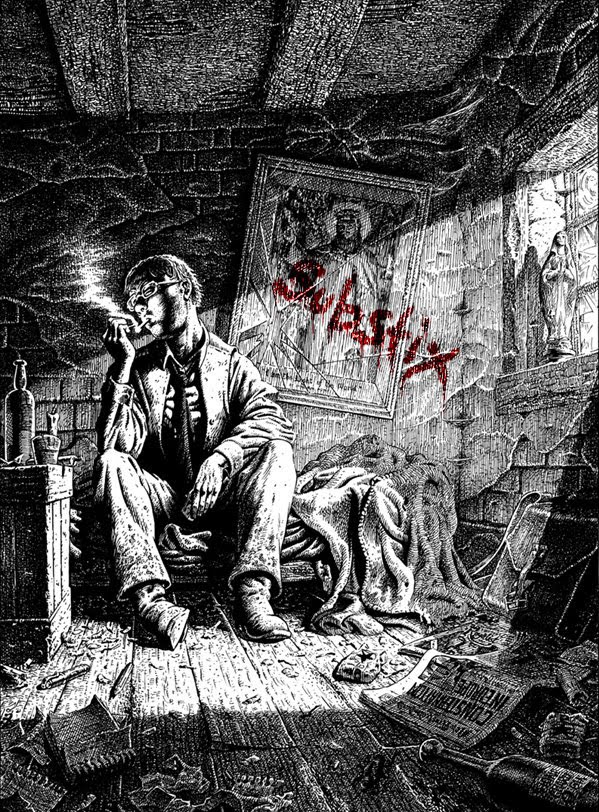
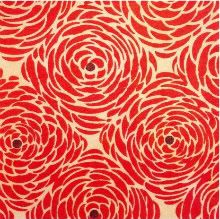
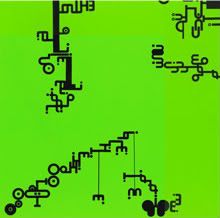
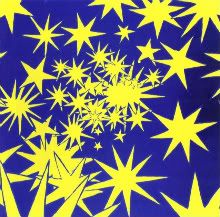
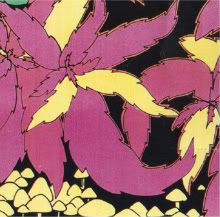
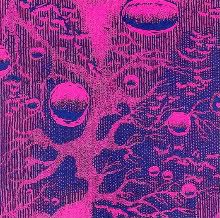
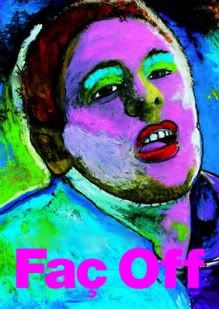
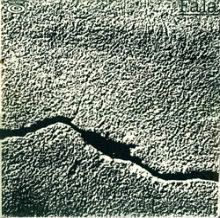

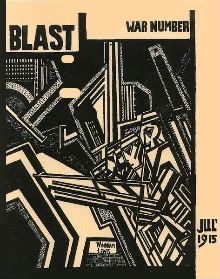
No comments:
Post a Comment